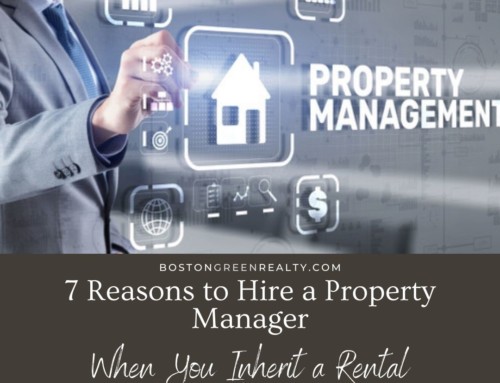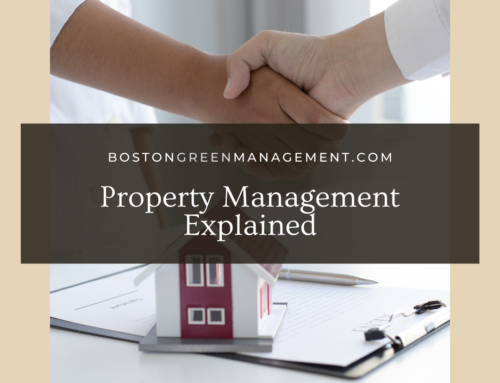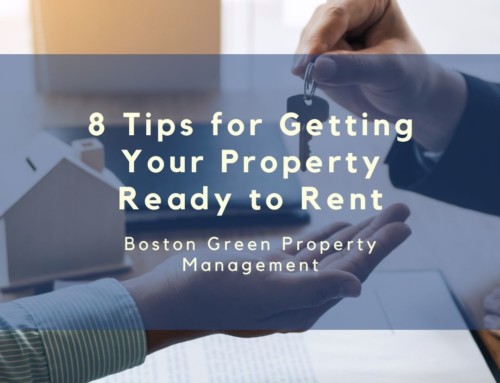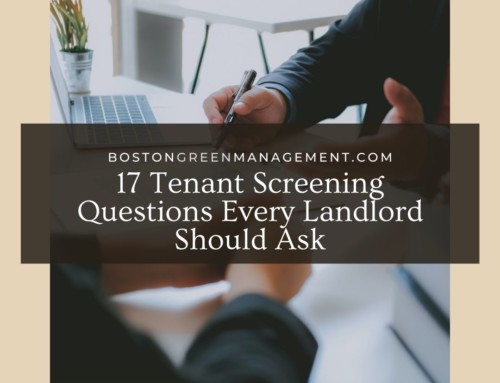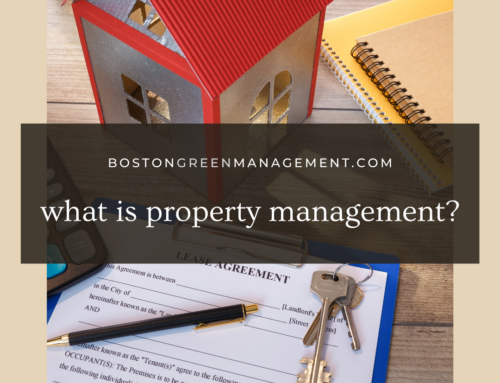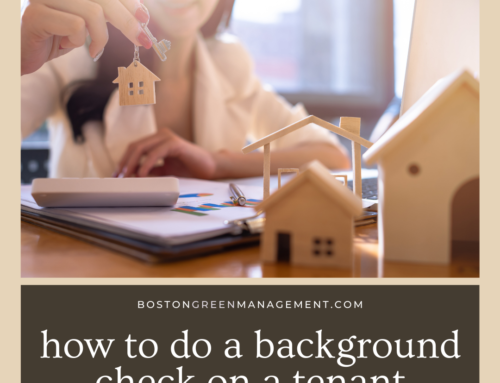When you own a property that you rent to tenants, it’s your job to conduct a move-out inspection (unless you have a Boston property manager; in that case, it’s your property manager’s job). But if you’re like many property owners, you’re not quite sure where to begin.
This guide explains.
Move-Out Inspections: A Guide for Landlords
As a property owner, you want to maintain your property’s value. If your tenants have altered the property in any way, or if there’s any type of damage, it’s your responsibility to ensure that it’s repaired or that the tenants cover the cost of repairs. Typically, you’re permitted to withhold money for damages from a tenant’s security deposit – but in some cases, the repairs are so costly that they exceed the security deposit amount.
Early Move-Out Inspections
You can head off potential problems by conducting a move-out inspection that allows the tenants time to make necessary repairs. You and your tenant will walk through the property together to check for damage or alterations that weren’t permitted in the lease. You’re looking for damage that’s in excess of normal wear and tear, comparing the property’s condition now to its condition prior to your tenant moving in.
Document everything you find. Then, you can present your tenant with a list of charges that you’ll deduct from the security deposit. This list of charges serves two purposes: First, it encourages your tenant to make the necessary repairs to save money, and second, it shows that you know what needs to be fixed before you can move in another tenant. Additionally, it can serve to show a court – in the rare event that it becomes necessary – that you provided your tenant with an opportunity to fix the home’s deficiencies.
3 Big Reasons to Conduct an Early Move-Out Inspection
There are three big benefits to doing early move-out inspections with your tenants:
- You give your tenants an opportunity to fix the damages so that you don’t have to take deductions from their security deposit. Additionally, if the tenant fixes the issues, you don’t have to spend your time coordinating repairs and paying contractors.
- You can avoid disputes with your tenants. By showing potential deductions, your tenants can see exactly where the discrepancies lie between their move-in checklist and the move-out inspection checklist. Your tenant will know exactly what to expect (and be able to avoid a costly surprise) when he or she moves out.
- You know what repairs are necessary ahead of your tenant’s move-out, and you know about how much it’s going to cost to make them. If the tenant elects not to make the repairs, you have additional time to coordinate with contractors and other experts to make the repairs for you.
What Should Be On a Move-Out Inspection Checklist?
If possible, your move-out inspection checklist will mirror the checklist you gave your tenants when they moved in. There should be space for each room in the home, including blank lines, for tenants to fill in the details about the home’s condition within a week or so of moving in. That way, you know if deficiencies already existed when the tenants moved into the home – and in that case, they’re not liable for making (or paying for) repairs.
You may even want to provide your tenants with a list of things they should complete before moving out. Your list may include to-do items such as:
- Clean carpets
- Repair tears or holes in carpets
- Clean tile and hardwoods
- Remov pet stains
- Repair broken tiles
- Wash down walls, including switch plates
- Remove nails, ceiling hooks, mounted mirrors and other items of decor, as well as patching holes
- Clean windows inside and out, including tracks
- Clean blinds
- Wipe down doors, door frames and door knobs
- Repair damaged appliances
- Clear clogged drains
- Wash cabinets inside and out
- Clean microwave and filter, stove and oven, drip pans, exhaust fan filter, and refrigerator
Do You Need to Talk to a Property Manager?
If you have a property manager, you don’t have to conduct your own move-out inspection; we’ll do it for you. In fact, we’re here to help you every step of the way – all you need to do is sit back and collect your rent payments.
Call us at 617-262-3075 or fill out the form below now to find out how we can take all the stress out of renting out a property in Boston. We’ll take it from here!






